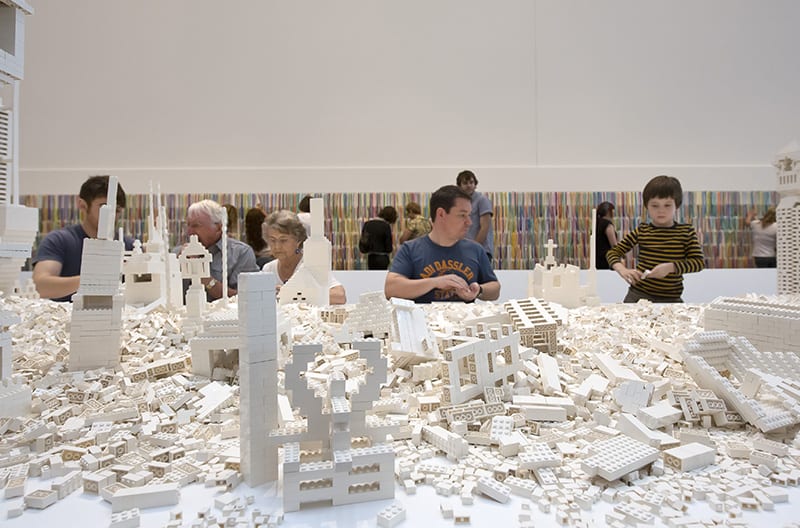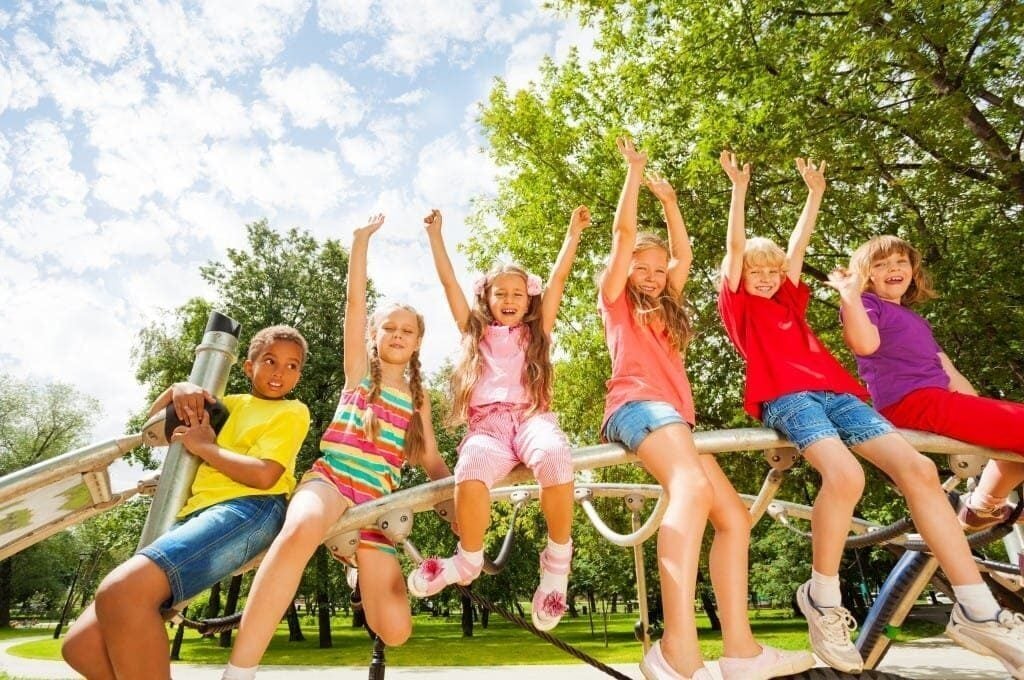Holidays, without daily school routines, fewer extra-curricular activities, less structure each week, should be a relaxing experience for everyone in the family. Holidays are usually relaxing in the immediate post-school period as everyone draws breath and steps away from daily time pressures; however it may not take long for the novelty of free time to wear off and for children to become bored and irritable.
Time away on holiday in a different location can provide a period of stimulation for children and some respite for parents, but time away rarely takes up the whole school holiday period. Being away from home can also generate different issues, with children missing familiar routines, places, people and belongings.
Different challenges for parents and children
High ability children are intensely curious and have a voracious appetite for learning, especially within their areas of interest. Their brains act like heat-seeking missiles, intensely searching for stimulation if sufficient challenge is not presented to them.
Whether attending vacation care or holiday programs, spending time at home, staying with friends or relatives, high ability children need appropriate levels of intellectual stimulation, high-level challenges and opportunities to be creative. The main challenge for parents is to identify ways to provide a range of sufficiently stimulating activities for gifted children during holiday periods while ensuring they also have sufficient time to rest, relax and engage in free, unstructured play.
Some activities, such as reading, writing, jigsaw puzzles, making models, art and craft, provide opportunities for a quiet, physically restful experience while simultaneously providing an engaging intellectual activity.
Counterintuitively, these activities are relaxing but also stimulating. Each activity provides an opportunity to develop specific skills. Persistence brings a sense of accomplishment when the activity is completed. When undertaken by an individual, the child may be personally absorbed but disengaged from interaction with others while involved in these tasks.
Alternatively, the same activities provide an opportunity for siblings or friends to be engaged in an activity together if their stage of development is similar. Allowing children at significantly different stages of development to undertake the same task at the same time without parental involvement and support often results in conflict.

Selecting from the range of museum exhibits, holiday programs, newly released children’s movies and live theatre productions available can be a challenge for parents’ schedules and finances. Once calendar and financial guidelines are established, it can be a useful exercise for gifted children to undertake research and propose suggestions for activities during the holidays. They will be gaining research skills, learn to consider others’ interests, prioritise, negotiate, develop and propose a plan. Some items on a list might be given as Christmas presents by extended family members, providing memorable, shared experiences instead of another toy.
Activities for physically exuberant children
Some children are physically exuberant; they need activities to allow them to channel their energy appropriately. Summer holidays provide lots of opportunities for outdoor activities such as swimming, climbing, formal and informal sporting activities. Traditional beach or backyard cricket for all the family can be a prelude to a sports camp towards the end of the holidays. Energetic children, who are also be intellectually advanced, may find it useful to investigate anatomy and the physics of sports to incorporate this knowledge into their physical activities. Because of the physical and mental health benefits associated with exercise, some form of regular, light physical activity should be planned for more sedentary children, perhaps as a whole-family activity to provide support, encouragement and a feeling of inclusion.
Time and content matters
One of the greatest challenges for parents is determining (and limiting) the amount of access to technology that children should have during the holidays. Some gifted children incessantly ask to play electronic games and want to binge on this one activity. Other children want to watch YouTube videos, television programs or movies. Electronic gaming is an active process; whereas watching a screen is a more passive experience; each engages different cognitive functions. These activities can be undertaken individually or involve others. With the exception of some modes of gaming, most screen time experiences involve parallel participation rather than interaction when others are present.
The American Academy of Pediatrics has replaced the earlier statement that no child under two years of age should have access to electronics with a range of more nuanced recommendations about all children’s access to screen time. The APA stresses that content matters. Research about the impact of violent games is compelling; access to such games should be strictly enforced by parents. Sensitive gifted children can be more forcefully impacted by the content of books, movies and games. Parents should carefully monitor content to ensure children are stretched but not stressed through exposure to content via any medium. Thoughtful, sensitive children may need opportunities to discuss issues and concepts following exposure.
Adults can consider a balanced approach to screen time access and then discuss this with children. An agreed schedule could allow for greater access at the beginning of the holidays with a graduated reduction of time as the new school year approaches so a sudden cessation of access upon a return to school routine is not experienced. An agreement determined, signed and posted prior to the holidays might help to reduce the frequency of requests, demands and conflict surrounding electronic access.
Benefits of unstructured play
Away from the constraints of term-time schedules, gifted children have more time to immerse themselves in their personal interests, developing strengths, knowledge and skills in these areas. Children benefit from the many delights and creative opportunities associated with unstructured playtime. Adele Diamond, Professor of Developmental Cognitive Neuroscience at the University of British Columbia and Deborah Leong, Professor of Psychology at Metropolitan State College of Denver, stress the importance of unstructured playtime for children when they can engage in imaginative, social play. Executive functions such as working memory, cognitive flexibility and inhibitory control are strengthened through pretend play. Imaginative, creative play, using recycled materials at no cost, can engage children in co-operative play for hours while building a number of cognitive, personal and social skills.
At the end of the holidays, the aim is to have children benefiting from a range of experiences, feeling rested, energised and ready for a positive return to school.
Michele Juratowitch, Director of Clearing Skies, provides counselling for gifted children and the parents of alert, developmentally advanced children of all ages. Michele was awarded a Churchill Fellowship. She is conducting the Stuartholme STEAM Residential for gifted girls in Years 5 & 6.
- E: michele@clearingskies.com.au
- W: www.clearingskies.com.au
- P: 3378 0888
This article was published in Issue 19 of our print magazine, December 2016/January 2017.
Click here for tips on how to stay sane in the holidays.

